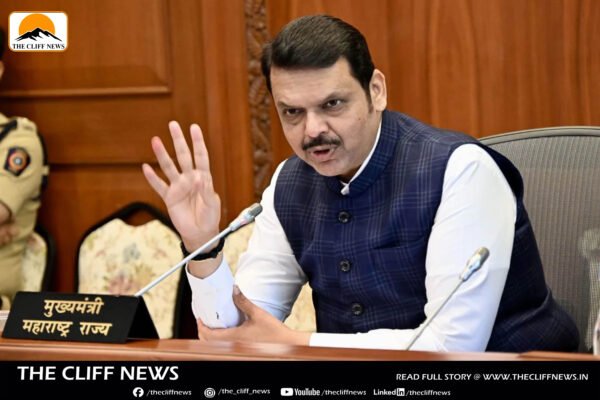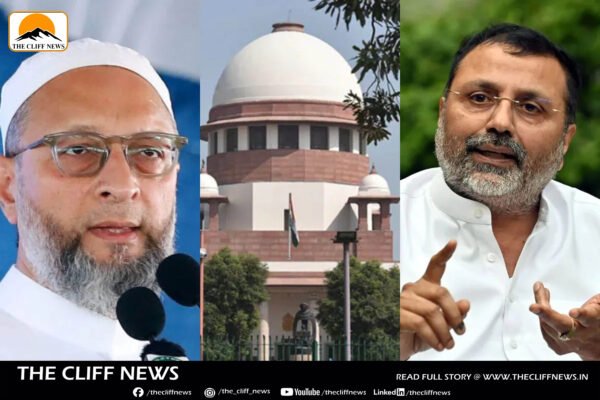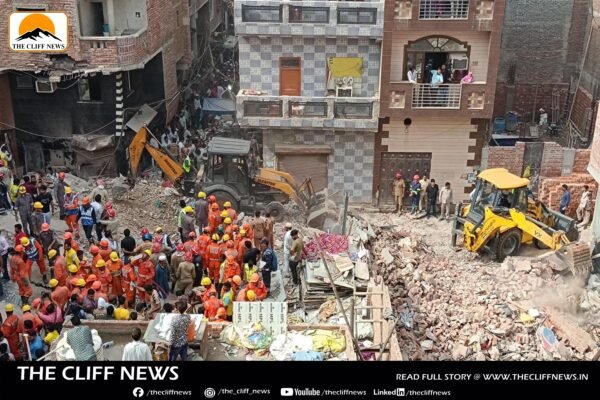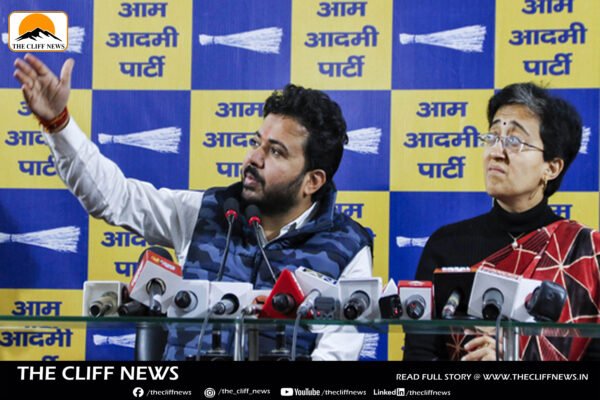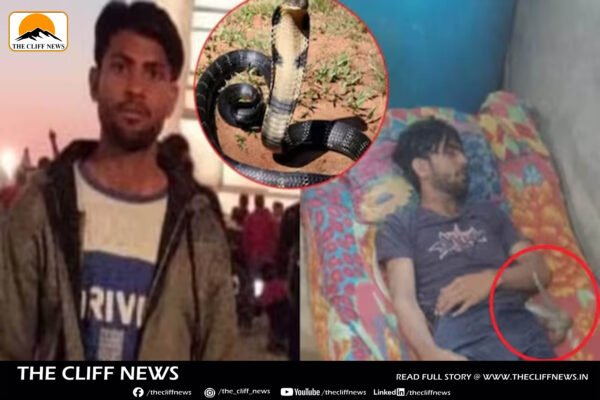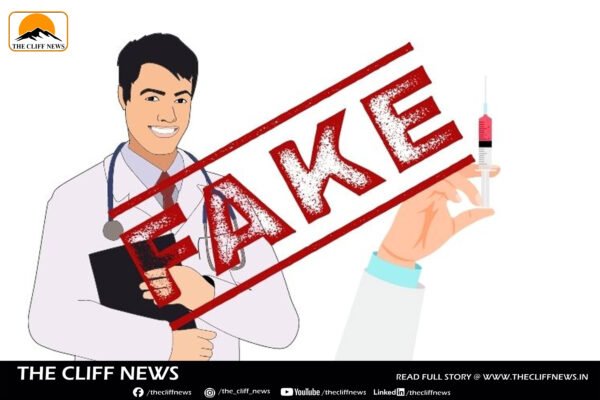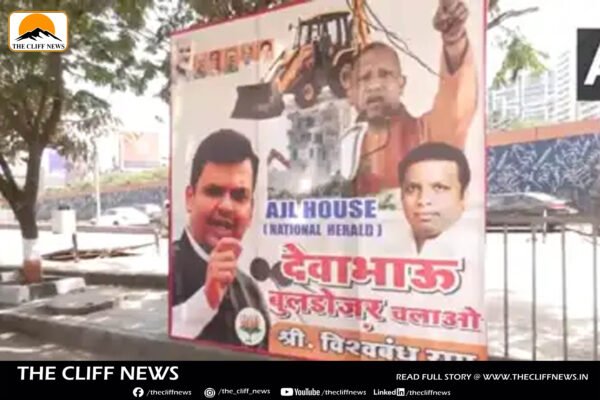Mumbai-Goa Highway to Be Completed by June 2025, Travel Time to Reduce Significantly
The long-awaited Mumbai-Goa highway project, officially known as National Highway 66, is on track for completion by June 2025, according to Union Minister for Road Transport and Highways Nitin Gadkari. Once finished, the upgraded highway will slash travel time between Mumbai and Goa to just six hours, a significant improvement from the current journey of 10 to 12 hours. Years of Delays Finally Resolved The project, which has been under construction for several years, was plagued by multiple delays due to challenges such as land acquisition issues, legal disputes, and a lack of coordination between departments. Minister Gadkari confirmed that these problems have now been successfully addressed, and construction is moving forward at a rapid pace. A Boost to the Konkan Region’s Economy and Tourism Gadkari emphasized the highway’s importance in transforming connectivity in the Konkan region, adding that it will serve as a major catalyst for tourism and economic growth along the coastal corridor. Easier and faster access is expected to benefit local businesses, hospitality sectors, and commuters alike. Satellite-Based Toll System to Replace Physical Booths In addition to faster travel, the government is introducing a new toll policy aimed at making highway travel more seamless. Traditional toll booths will be replaced with a satellite-based toll collection system. This system will track vehicle movements via GPS and automatically deduct toll charges from the owner’s bank account based on the exact distance travelled. The policy is expected to be rolled out within the next 15 days, further modernizing the highway experience.


